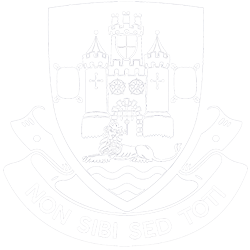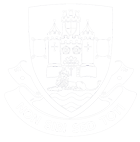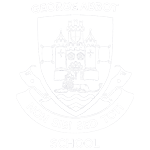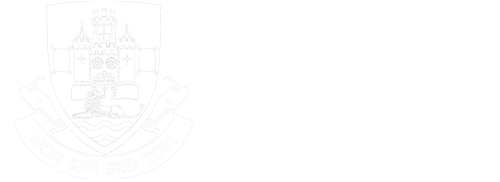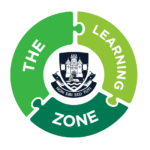Assessment
Teaching responsively, we are constantly assessing students to check on the success of their learning. These checks happen through the course of a lesson and inform feedback and future planning.
In addition students will complete at least one ‘summative’ assessment per half term, which will help to inform parents/carers of their progress through the year through school reports.
